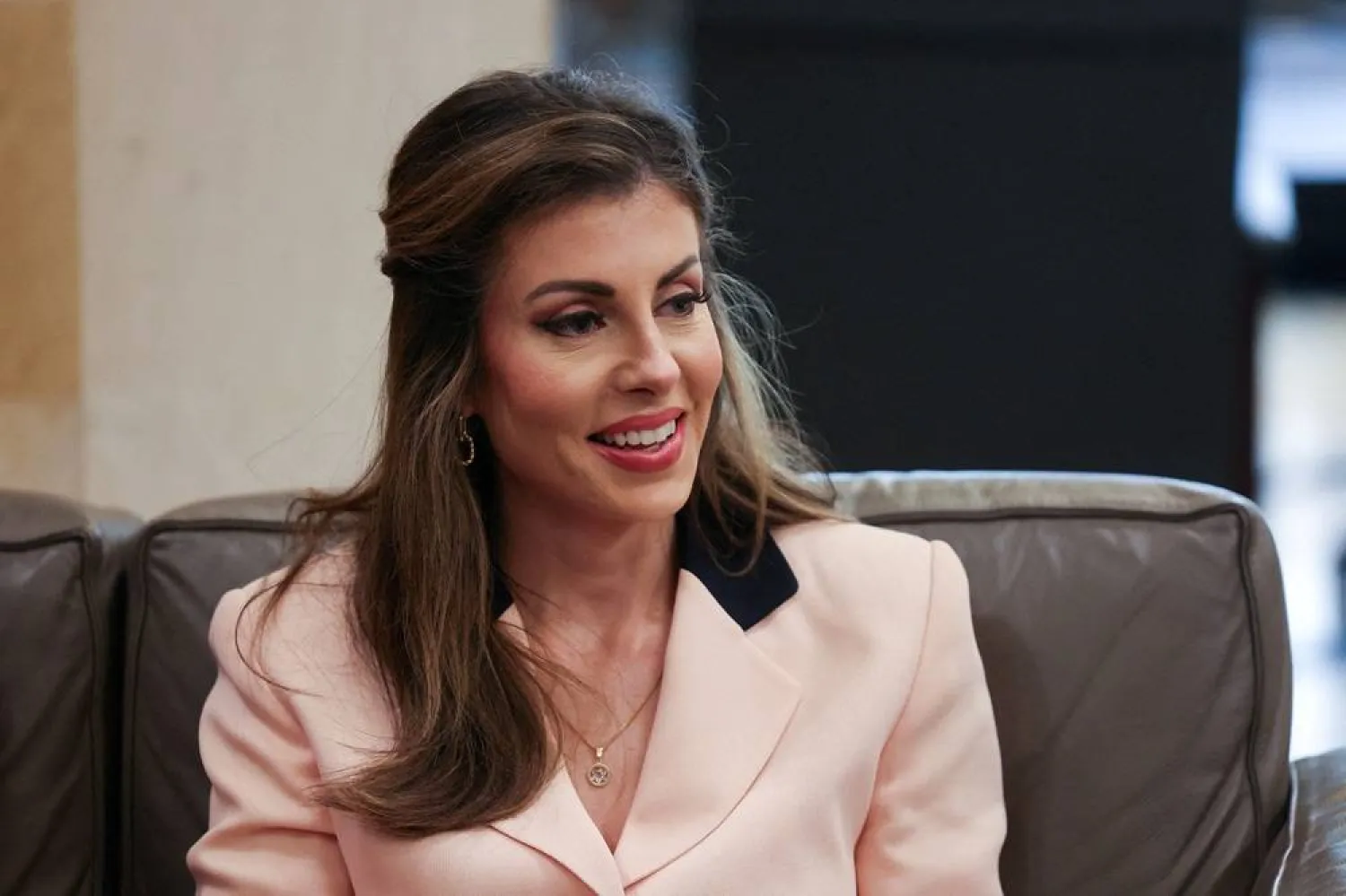A Lebanese official said Sunday that US deputy special envoy for the Middle East Morgan Ortagus discussed disarming Hezbollah without setting a deadline, during her meetings in Beirut a day earlier.
Ortagus met on Sunday with Finance Minister Yassine Jaber, Economy Minister Amer Bisat and new central bank governor Karim Souaid, the state-run National News Agency (NNA) reported.
The Lebanese official, speaking anonymously as they were not authorized to brief the media, said Ortagus discussed "intensifying and speeding up the work of the Lebanese army in dismantling Hezbollah's military infrastructure, leading to restricting weapons to state hands, without setting a timetable".
Ortagus's second visit to Lebanon comes as Israel continues to carry out strikes in Lebanon despite a ceasefire that largely halted more than a year of hostilities between Israel and Hezbollah, and as its troops remain in several points in the country's south.
The envoy has not made any official statements during the visit, but Lebanese President Joseph Aoun and Prime Minister Nawaf Salam described their discussions with Ortagus on Saturday as positive, noting they addressed the situation in south Lebanon and economic reforms.
A United Nations resolution that formed the basis of the November 27 ceasefire says Lebanese troops and UN peacekeepers should be the only forces in south Lebanon, and calls for the disarmament of all non-state armed groups.
The Iran-backed Hezbollah, the only Lebanese armed group that refused to surrender its weapons following a 1975-1990 civil war, was left heavily weakened during the latest conflict with Israel.
The Lebanese official said Ortagus also "implied that reconstruction in Lebanon requires first achieving reforms and the expansion of state authority".
Lebanon's new authorities must carry out reforms demanded by the international creditors in order to unlock bailout funds amid a five-year economic collapse widely blamed on official mismanagement and corruption.
The cash-strapped country now also needs funds for reconstruction after the latest Israel-Hezbollah war.
The country's new central bank chief Souaid took office on Friday, pledging to advance key reforms.
The NNA said Ortagus's discussions Sunday with Souaid and the economy and finance ministers included "reforms initiated by the government... and the economic reform program".
The Lebanese official said Ortagus "praised the government's reform plan, particularly the measures taken at the airport".
Lebanon's new authorities have been enforcing stricter measures to control passengers and flights through Beirut airport, the country's only international passenger facility.
Flights between Lebanon and Iran have been suspended since February after the United States warned that Israel might target Beirut airport to thwart alleged weapons shipments to Hezbollah from Iran, a Lebanese security source had told AFP at the time.









